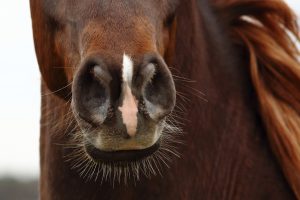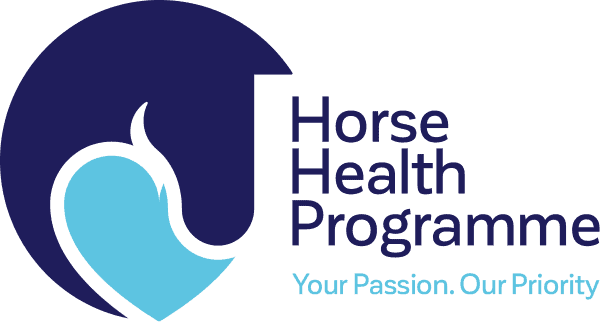Dental Problems
Dental Problems
 How do I know if my horse has a problem?
How do I know if my horse has a problem?
Many horses will suffer silently from dental disease so it is important to have regular check-ups to ensure their mouth is healthy. Signs that can indicate there is a problem are:
- Halitosis (bad smelling breath)
- Quidding – dropping partially chewed food particularly over the stable door or around the feed bucket
- Reduced appetite/difficulty eating/slow eating
- Food packing within cheeks
- Poorly digested food in droppings
- Weight loss
- Difficulties when ridden such as unsteady head carriage.
What sort of problems can be relieved?
One problem tends to lead to a variety of problems which in time, which can be more difficult to correct, so early detection and treatment is vital. Some problems may need to be treated over a period of time rather than at one examination. For example a large overgrowth will need to be reduced in stages to avoid the sensitive structures within the tooth from becoming exposed.
Common dental problems in horses
In the adult horse, where all of the teeth have erupted, several common problems can develop. Horses naturally chew their food in an elliptical fashion, with the ‘grinding’ part of the cycle occurring during the sideways movement. In the wild, when chewing forage, the extent of the sideways motion (lateral excursion) is large, covering the whole of the grinding surface of the teeth, including the edges. In domesticated horses this sideways movement can be reduced, and the horse doesn’t tend to grind right to the edges of the teeth every time. The tooth surface can therefore get worn away quicker than the edges, which then become long and sharp.
Some problems that are regularly seen are:
- Abnormal wear with sharp enamel edges on both the lower and upper cheek teeth. If pronounced this can cause painful ulcers and erosion’s on the soft tissues of the cheek or tongue.
- Over growths secondary to a misaligned jaw (parrot mouth) or as a result of a missing tooth.
- Fractured, displaced, loose or missing cheek teeth.
- Diastema (gaps between the teeth where food collects) causing gum disease.
- Caries: dental disease.
- Tooth root abscess.
- Retained deciduous (baby) teeth.
- Blind (unerrupted) or abnormally large or displaced wolf teeth.
- Abnormalities of the incisors.
You can help your horse by providing at least half of his diet as good quality long fibre. If you have an older horse, he may require special attention with his diet, especially if he is missing teeth and struggles to chew long fibre. Fibre replacements offer a good solution in such cases, but again, speak to your vet with any concerns or to an equine nutritionist for feeding advice.





